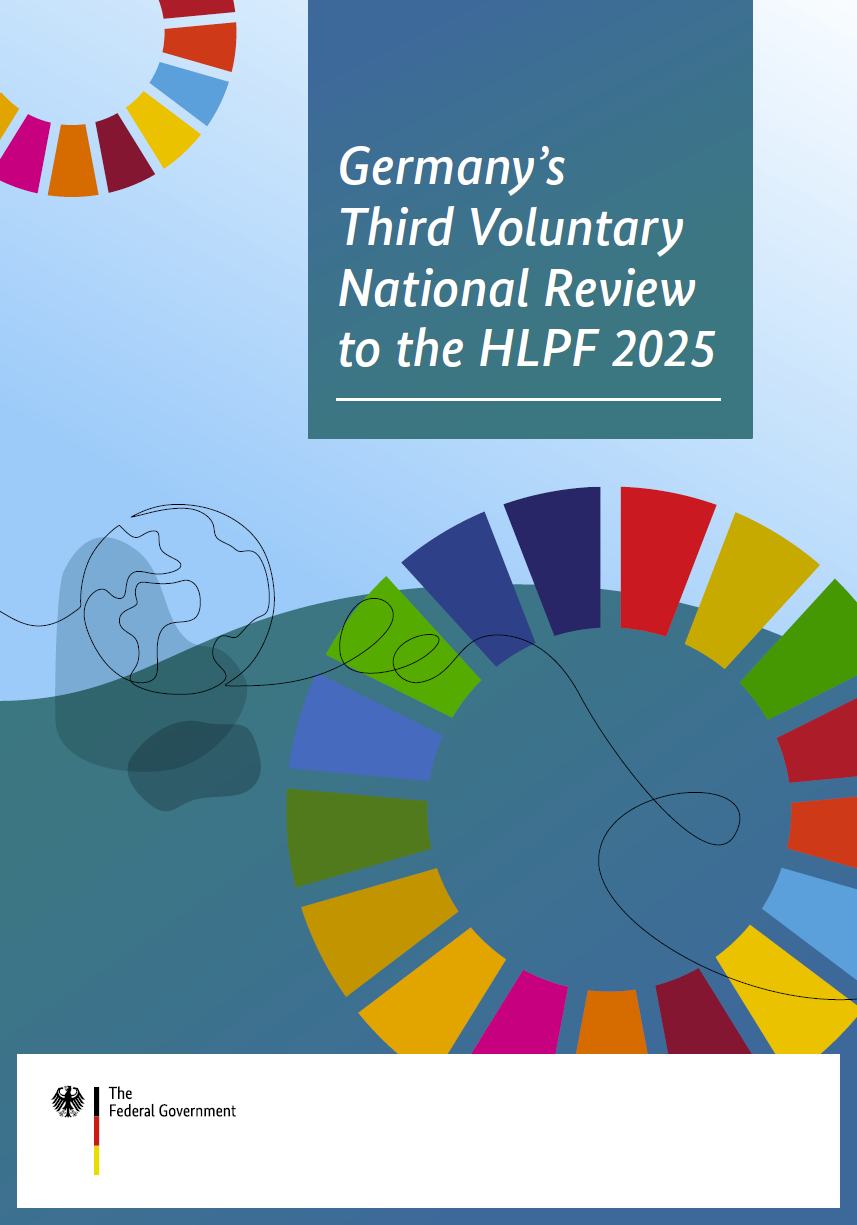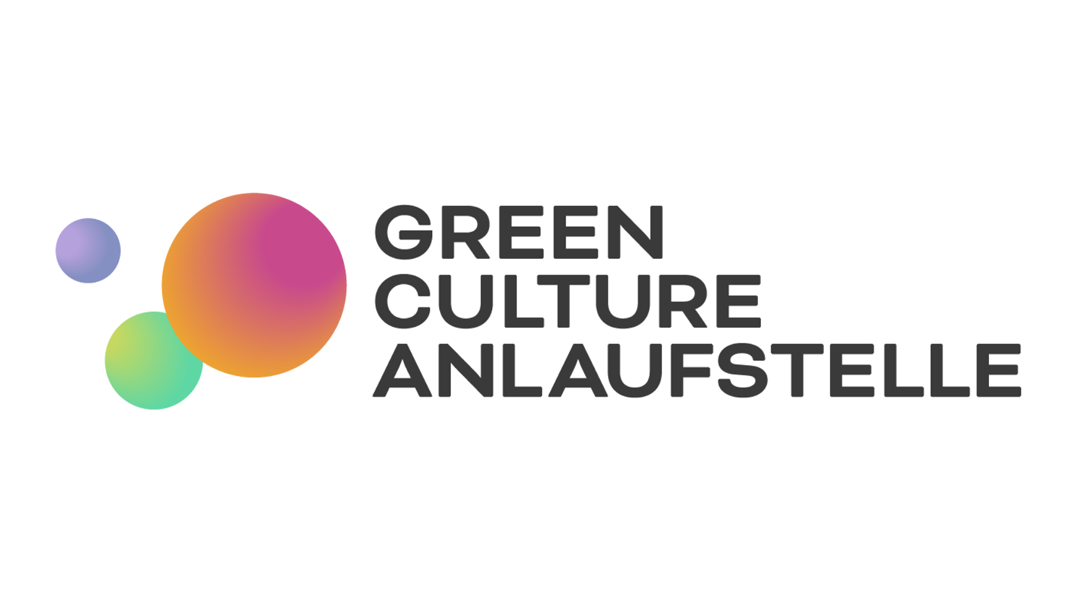VNR 2025 Joint contribution by the German Culture Council, Green Culture Contact point and Association for Cultural Policy
SDG 1: End poverty in all its forms everywhere
Very many artists earn well below the average income in Germany – despite having a higher-than-average level of education. Many artists therefore face precarious living conditions. In some federal states, minimum wages must be paid in some branches of the arts when public funding is involved.
In October 2022, the Standing Conference of the Ministers of Education and Culture, together with the German Culture Council (Deutscher Kulturrat – DKR), which is the umbrella organisation of all the federal cultural associations, agreed on a remuneration matrix that is now being implemented by the federal states. The Federal Government Commissioner for Culture and the Media (BKM) declared in July 2024 that, for projects with at least 50 per cent state funding, payment of a minimum wage to artists is a requirement for awarding commissions or projects. The same also applies in the case of artists who are commissioned by institutionally funded institutions.
SDG 4: Ensure inclusive and equitable quality education and promote lifelong learning opportunities for all
The German Culture Council has been actively committed to strengthening cultural education for decades. In the years from 2022 to 2024, the Council and the Federal Government Commissioner for Matters relating to Disabled Persons conducted a dialogue process with organisations from the culture sector and with associations and advocacy groups representing people with disabilities. This process culminated in a set of recommendations on participation and inclusion in the culture sector: “Culture needs inclusion – inclusion needs culture”. The recommendations identify the action that must be taken so that people with disabilities have adequate opportunities to access cultural education as well as vocational and higher education for cultural and artistic professions.
The Green Culture contact point (GCA), funded by the Federal Government Commissioner for Culture and the Media, guarantees high-quality education through active knowledge-sharing and knowledge-building for everyone in the culture sector. The offer ranges from free digital advisory services and knowledge formats to in-person thematic workshops across Germany. In cooperation with the Chamber of Industry and Commerce (IHK), more than 500 transformation managers for sustainable culture have been trained and certified since 2021.
SDG 5: Achieve gender equality and empower all women and girls
Although the majority of students doing a vocational training course or a degree leading to a qualification in the arts are female, women are still under-represented in leadership positions in the culture and media sector. In order to counter this imbalance and boost qualified women, the DKR has a mentoring programme specifically for women aiming towards a leadership role working in the arts. The mentees are accompanied for 6 months by an experienced senior manager. In addition, further training events are offered. The mentors offer their services to the mentoring programme free of charge, thereby supporting the next generation of senior management.
Furthermore, the German Culture Council continuously conducts studies in which it addresses this topic empirically. The most recent study, “Baustelle Geschlechtergerechtigkeit” (Gender equality, a work in progress) was published in 2023.
SDG 11: Sustainable cities and communities
In Germany it is mainly municipal authorities that are responsible for cultural policy and for organising cultural events. From 2020 to 2022, therefore, the cultural policy association KuPoGe (Kulturpolitische Gesellschaft), a network bringing together around 1,500 people and organisations who are interested and engaged in matters of cultural policy, carried out – with financial support from the BKM – the project “sustainable and climate-smart cultural policy in Germany” with a view to analysing how the municipalities as the main actors in the field of cultural policy are responding to the challenges of climate change. The findings of the research project then fed into a set of “suggestions and recommendations for action for cultural policy in practice”.
SDG 12: Ensure sustainable consumption and production patterns
The cultural and creative industry is a driver of innovation in terms of sustainable products and sustainable production methods. There is sustainable fashion, sustainable design, sustainable production of books and many other examples. The associations from each branch of the industry provide information about new developments and standards to be met, showcase trends and support their respective branches in transforming their way of working.
In “Sprint 20”, a project supported by the BKM, specially trained energy consultants assisted cultural institutions in identifying and implementing energy efficiency measures. Thanks to the project, it has been possible to achieve an average reduction in energy costs of 21.4 per cent.
SDG 13 – Climate action measures
Through knowledge-sharing and -building, networking, data collection and advice, the Green Culture contact point supports the ecological transformation of the culture sector. It also assists cultural institutions to use the country-wide, culture-specific KBK & KBK+ carbon accounting standard and the related free tool from the Standing Conference of the Ministers of Education and Cultural Affairs of the Länder. This is accompanied by the development of specific measures to reduce carbon dioxide emissions.
SDG 17: Partnerships for the Goals
Effective cultural policy is always a question of networking. That is especially true when it comes to exploring the global sustainable development goals and putting them into operation. With that objective in its sights and with financial support from the Federal Ministry for Economic Affairs and Climate Action, the KuPoGe has founded a partnership association with the Cultural Policy Lab, the Oeko-Institut and 2N2K (the network for sustainability in art and culture). The aims of the resulting Germany-wide initiative Culture4Climate include highlighting the importance of culture as a component of a transformative environmental policy and identifying pertinent action ideas for a transformative cultural and environmental policy. The findings were communicated to a wide audience via print and social media.
The Aktionsnetzwerk Nachhaltigkeit in Kultur und Medien (action network for sustainability in culture and media) supported by the BKM brings together under one roof 64 of the most important German cultural institutions from all areas of the cultural sector, from the television broadcaster ARD to the Zeppelin Museum.
Footnote
1) Taken from comments made by selected civil society actors on the cultural aspects of the Third Voluntary National Review VNR 2025

